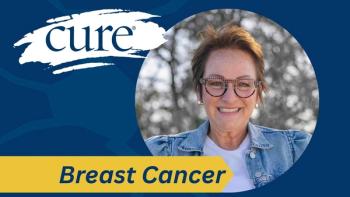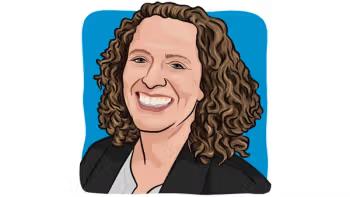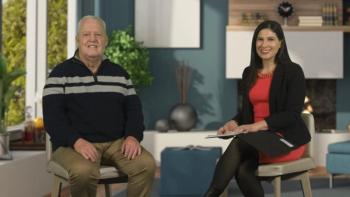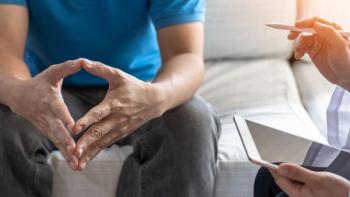
Genetic Cancer Survivors Can Help Each Other And "Previvors"
How do you trust your body when it has genetics that could give you cancer? Who do you turn to for support?
How can I negotiate a truce with my body after breast cancer at 46 and later, an unrelated melanoma?
I found out I had the PALB2 genetic mutation years after cancer treatment. How does a previvor (someone who doesn't have cancer but has a genetic predisposition to it) cope with being told their genetics could put them at higher risk for cancer?
It can be difficult to move forward, physically and mentally, after a cancer diagnosis or the discovery that you have a
How can previvors and survivors learn to trust their bodies again? Here are my suggestions:
Create a medical team you trust, follow the monitoring guidelines that apply to your individual situation and go promptly to the doctor (rather than worry for days or weeks) if something comes up that you need to get checked. Do those steps eliminate the distrust and worry? No, but those steps help.
Coping with the ongoing worry is a unique process for each of us. We get to figure out what techniques are the most helpful. Over time and with experience, we learn what practices help keep us calm. For me, I like to connect with fellow survivors and previvors, get out in nature, walk, practice mindfulness and when needed, keep my hands busy. Spirituality or belief system may help you through this too. I chose to actively pursue and grow my faith, and this perspective was helpful to me.
Previvors can benefit from the understanding and support of survivors. Survivors worry about a recurrence and previvors worry about a first cancer. Resources and knowledge are available. Here is one
We can all also try to stay as healthy as we can be. Healthy eating and finding a movement (yes, exercise) that works best for each of us as individuals can help. Try to find exercise and lifetime habits of eating that are healthful and sustainable long-term and, as I have said before, try to do it without the self-blame or guilt that we sometimes try to put on ourselves. It is not healthy or productive to feel guilt, shame or blame about your cancer or your possibility of cancer!
I work to have an uneasy truce with my body. I try to figure out compromise and moderation. What this looks like will be different for each of us and change over time. Even while knowing that studies show healthier eating and exercise can reduce the risk of cancer, I still struggle.
Genetic research is changing quickly. New drugs and treatment methods for different cancers are all rapidly evolving. Remember to keep hope and to connect with others who understand.




